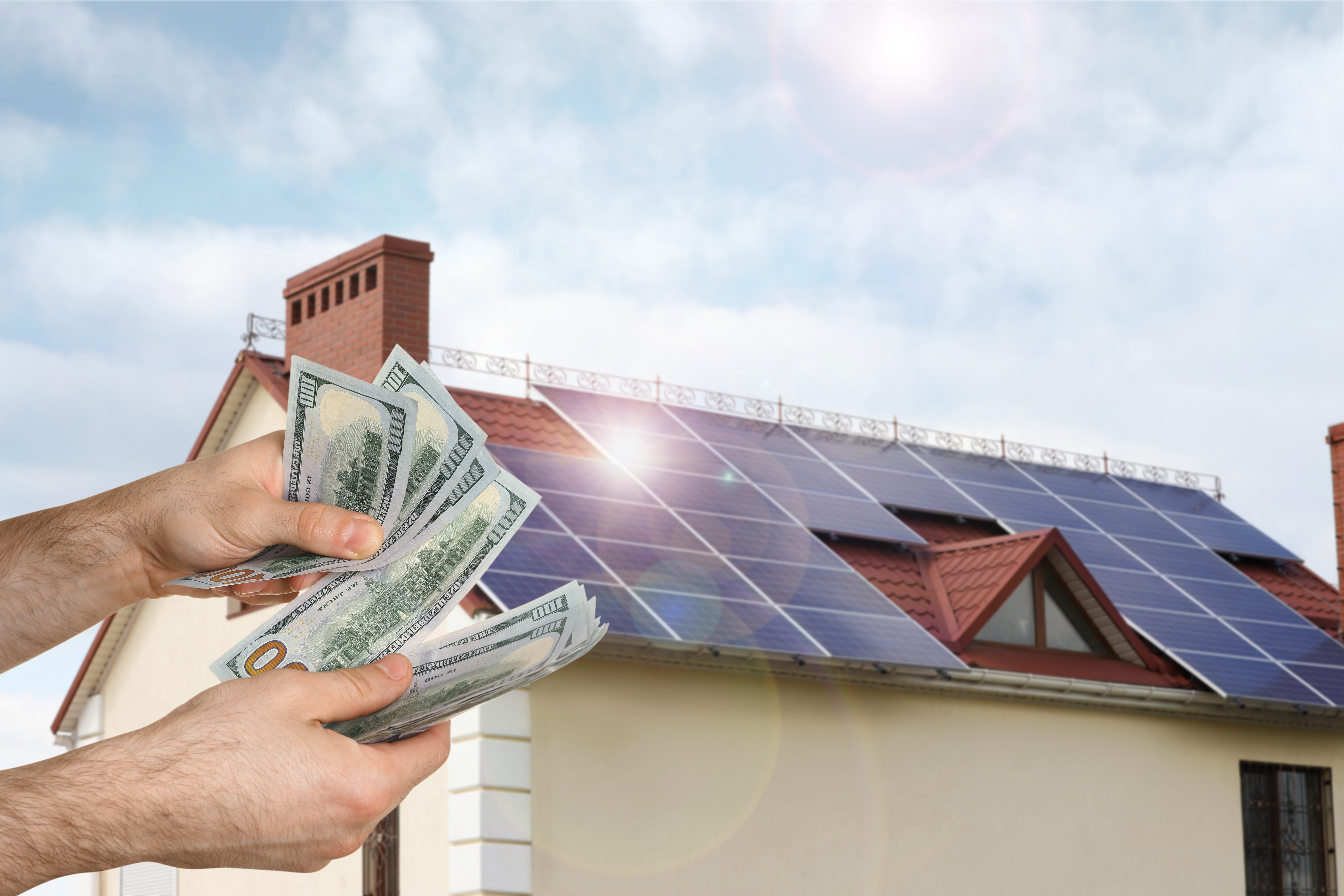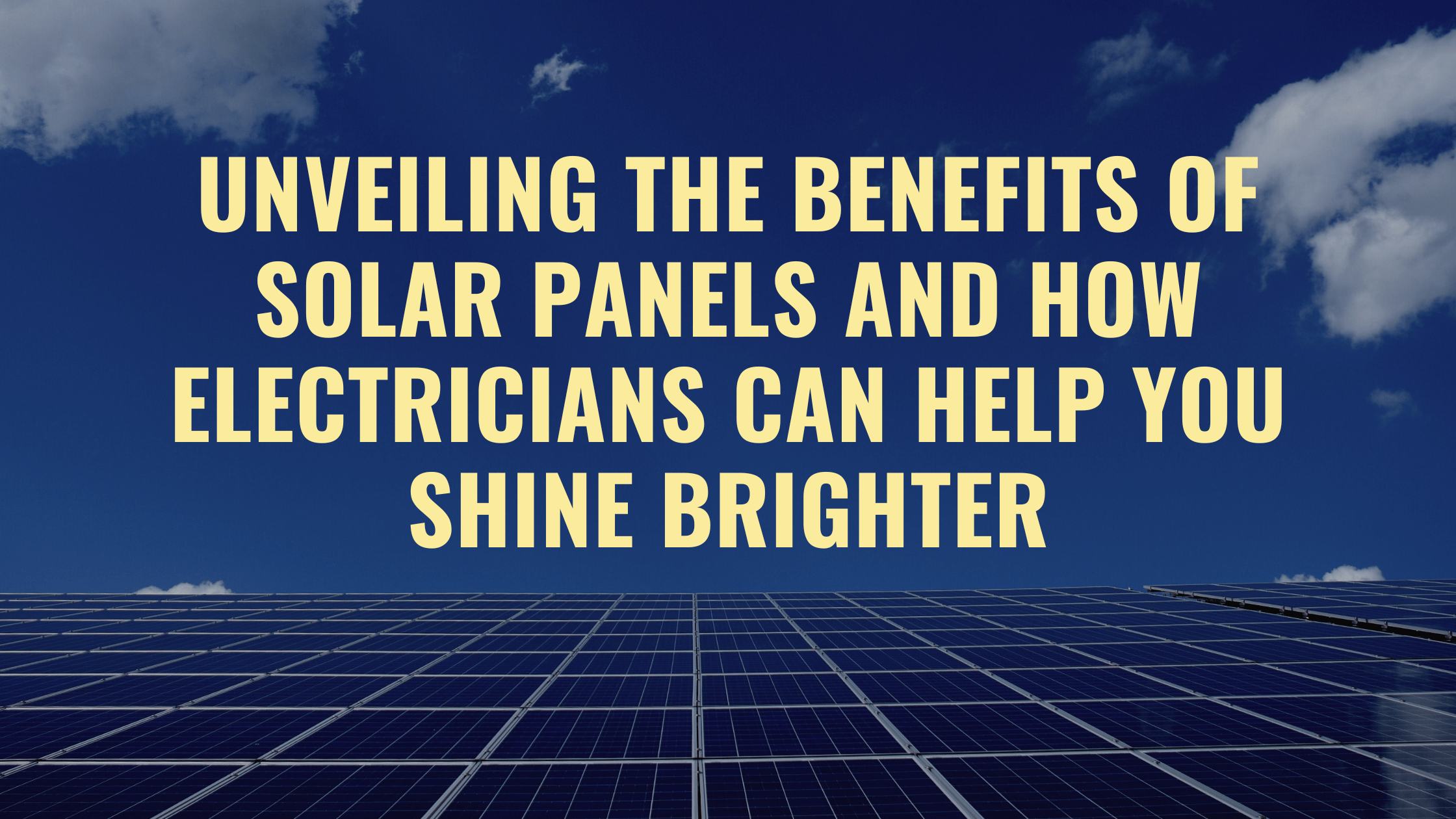Simply Solar Illinois: Complete Solar Solutions for Eco-Conscious Living
Simply Solar Illinois: Complete Solar Solutions for Eco-Conscious Living
Blog Article
Solar Energy 101: A Novice's Guide to Sustainable Power Solutions
As the globe significantly shifts in the direction of lasting power services, comprehending the principles of solar energy becomes crucial for both people and companies. This overview offers a detailed review of solar energy, outlining the different systems offered and the mechanisms behind their operation. By exploring the advantages of solar modern technology, alongside the economic incentives and installment processes, one can gain a more clear perspective on exactly how to properly incorporate this renewable energy into their energy method. Nevertheless, the journey towards adopting solar energy invites further evaluation of the challenges and considerations that feature it.
Recognizing Solar Energy
At its core, recognizing solar power involves grasping the essential principles of just how sunshine can be transformed right into useful electrical energy. Solar energy is derived from the sunlight's radiation, which can be utilized via various innovations.

Understanding solar power additionally entails identifying its ecological benefits. By using sunshine, we can reduce greenhouse gas exhausts and decrease air contamination, adding to a more lasting future. The advancements in technology and efficiency of planetary systems proceed to boost their viability, making solar power a progressively eye-catching alternative for global energy demands.
Sorts Of Solar Power Systems
Different types of solar power systems are commonly utilized to harness solar energy for electricity generation. The primary categories include photovoltaic (PV) systems, concentrating solar energy (CSP) systems, and solar thermal systems.
Photovoltaic or pv systems use photovoltaic panels made up of silicon cells that convert sunshine straight into electrical energy. These systems are versatile and can be mounted on roofs, ground mounts, or integrated right into structure materials.
Concentrating Solar Power systems, on the other hand, use mirrors or lenses to concentrate sunshine onto a tiny location, generating warmth that drives a heavy steam generator to produce electrical power - Simply Solar Illinois. CSP systems are usually deployed in large-scale nuclear power plant and require direct sunshine, making them much less suitable for gloomy areas

Each kind of solar power system has its one-of-a-kind qualities, applications, and viability depending on geographic area, energy requirements, and budget, making it important to assess choices based on details circumstances. - Simply Solar Illinois

Advantages of Solar Power
Harnessing solar energy with different systems not just supplies a lasting means to generate electricity yet also uses a wide variety of advantages. One of the most significant advantages is the decrease in greenhouse gas exhausts, adding to a cleaner environment and combating environment adjustment. Solar power is eco-friendly, implying it is limitless and offered as long as the sunlight beams, unlike fossil fuels, find this which are finite and diminishing.
Additionally, solar power can cause significant cost savings over time. Property owners and businesses can minimize their electricity costs substantially, and in numerous situations, they may earn credit histories for excess energy generated through internet metering. Furthermore, the solar industry develops jobs, from producing to installation, promoting neighborhood economic situations.
Another compelling benefit is energy freedom. By producing their own electrical power, people and neighborhoods can reduce reliance on outside energy sources, improving resilience versus rising and fall energy costs and supply disturbances. Additionally, solar power systems call for very little upkeep, making them a practical option for sustainable power generation.
Setup Process Overview
The installment procedure for solar energy systems usually involves a number of crucial actions that make sure reliable assimilation right into a residential or commercial property. At first, an extensive site assessment is carried out to evaluate the roofing's orientation, shielding, and architectural honesty, which are important to enhancing photovoltaic panel performance. Following this assessment, the design stage commences, where a tailored solar power system is configured based on the property owner's energy needs and choices.
When the design is settled, find out the necessary permits and approvals are obtained from neighborhood authorities, making certain conformity with regulations. The real setup includes mounting the solar panels on the roofing or ground, attaching them to an inverter, and integrating the system with the property's electric configuration. This phase may additionally entail setting up battery storage systems, relying on the style.
After setup, a complete evaluation is conducted to validate the system's functionality and safety and security. Lastly, the system is commissioned, and homeowners are enlightened on its operation and upkeep. With the installation full, the solar power system can begin producing renewable resource, adding to sustainability and reducing energy costs. This organized method makes certain that solar systems are both efficient and trustworthy, maximizing their lasting benefits.
Financial Incentives and Cost Savings
Exploring the economic rewards and financial savings linked with solar power systems can more info here significantly enhance the appeal of making the button to renewable energy. One of the most significant incentives is the government solar tax debt, which allows homeowners to subtract a percentage of their solar system setup costs from their federal tax obligations.
In enhancement to tax credit scores, several states use rebates that can even more reduce ahead of time expenditures. Some utility firms additionally provide performance-based rewards, satisfying solar power production over time. Funding alternatives, such as solar loans and leases, permit customers to install systems with little to no deposit, making solar power much more available.

Furthermore, solar systems can boost residential property worths, supplying a strong return on investment. In general, the combination of incentives and savings makes solar energy a financially eye-catching selection for lots of households.
Conclusion
In verdict, solar power represents an essential element of sustainable energy services, providing a path toward minimized carbon footprints and boosted environmental defense. Ultimately, the change to solar power not only cultivates ecological duty however likewise advertises economic financial savings and power self-reliance.
Report this page